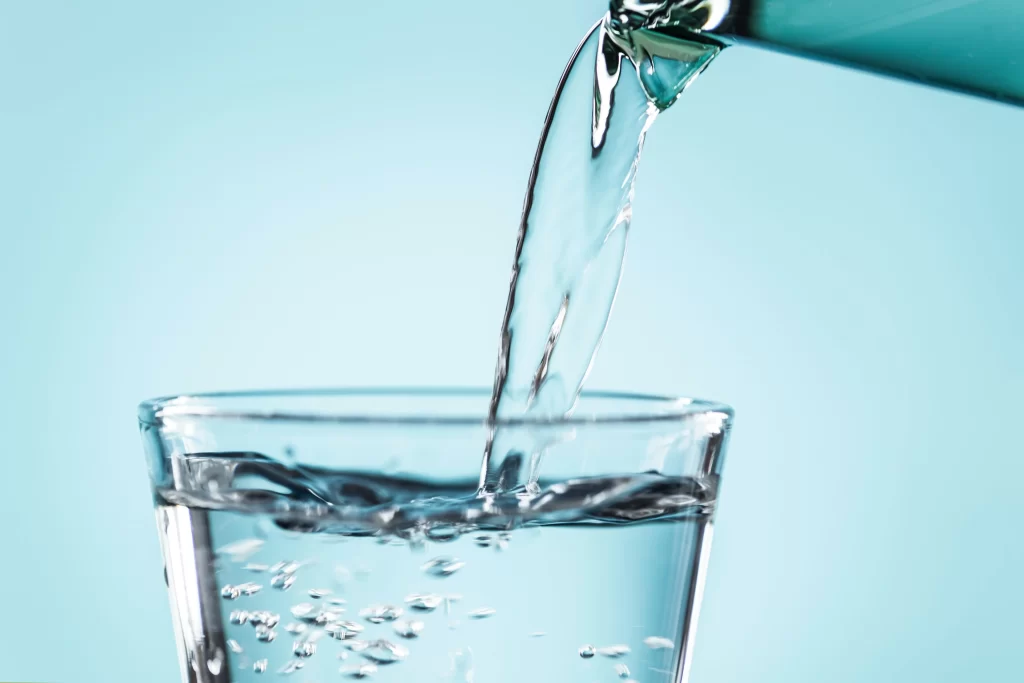Winter is a season that makes almost everyone to want to stay indoors because of its harsh coldness and in some areas in very cold and very wet at the same time. Our bodies tend to increase the metabolic rate trying to maintain a normal body temperature and keep us warm. This increases the demand for more food intake especially carbohydrates. More energy is used in winter than in summer.
It just doesn’t end there. Cravings kick in and detect what we are most likely to eat. According to experts, people tend to crave for high calorie foods in winter. This may end up causing individuals to eat a diet that is rich in calories and most likely unbalanced. As a result, humans tend to gain more weight in winter.
Lets look at the kind of foods and beverages we should include in our winter diet. A diet that is balanced and can help us keep warm and healthy!
TEA AND COFFEE
Tea and coffee are most common hot beverages that people tend to drink more often in winter. They make us feel warm and better, even more active and awake. However, too much of everything is toxic. Most of these drinks contain caffeine and sometimes they are not good for people with certain medical conditions like IBS. Besides normal tea and coffee, we have a variety of different teas like ginger, turmeric and cinnamon tea. These can also help to relieve symptoms of flu, cold and cough as well as allergies.

FRUITS AND VEGETABLES.
Fruits and vegetables are always known to be high in fiber, vitamins, and minerals. Each fruit or vegetable has its own unique set of health benefits. They help the body with antioxidation, heart health, urinary health and they assist in the digestive system as well as muscle endurance during exercises. Vegetables like sweat potatoes and spinach are rich in carbohydrates too and are a good source of energy. Fruits are sources of energy too although they contain less calories.
Root vegetable examples include carrots, beets, onions, ginger, garlic, turmeric, sweet potatoes, etc. Examples of fruits include dates, lemons, oranges, pomegranate, apples and berries. Not forgetting other groups of vegetables aside the root vegetables; leaf vegetables and cruciferous vegetables. Leaf veggies include lettuce, cabbage, spinach, and kale. Cruciferous vegetables include broccoli and cauliflower.

LEGUMES.
Legumes are plants that bear their fruits in pods. Examples of legumes are all kinds of beans, peas, lentils and nuts. They are a great alternative to meat. Legumes are a rich source of fiber and protein and will help you feel fuller for longer. They are a source of plant protein, iron, potassium, magnesium, vitamins and calcium. They contain antioxidants and are low in fat and free from saturated fat. Legumes are plant foods so they are cholesterol free making them the best alternative to animal foods.

GRAINS.
Grain are edible seeds that are harvested from grass plants like wheat, rice, barley, sorghum and millet. They are also called cereals. They are a source of complex carbohydrates, dietary fiber, vitamins and minerals like irn and magnesium. Whole grain foods help control weight and blood pressure as well as cholesterol levels.

MEAT AND POULTRY.
Although, legumes are a source of protein, they lack fat which is one of the nutrients that help to keep the body warm. Increase in consumption of meat and poultry would be desirable and useful in cold weather. However, keep in mind that too much of everything is toxic. Meat is a very rich source of some minerals like phosphorus, potassium, magnesium, iron, copper, zinc, and selenium. Fish is also a good source of nutrients that make up a balanced diet.

DAIRY PRODUCTS.
Do not forget to include diary products in your diet. Dairy foods are among the best dietary sources of immune-regulating vitamin D. They are a source of zinc, protein, and other immunity nutrients. You may include them in your breakfast to kickstart your day healthily.
WHAT ABOUT WATER?
Remember to drink enough water so you can remain hydrated. Cold weather tends to make us refrain from taking cold drinks including water. Try and drink enough water to keep yourself healthy and your skin glowing.

